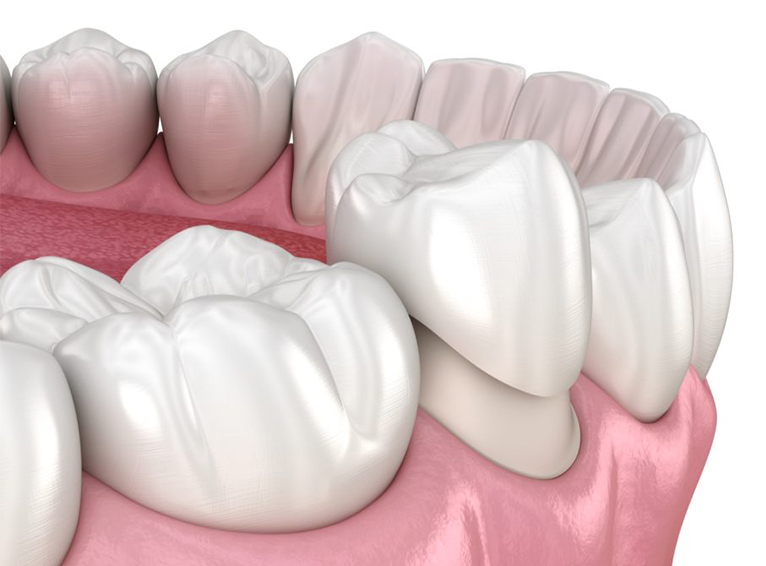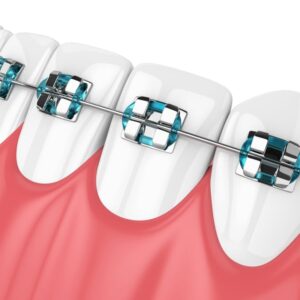Description
Familiarity with Treatment
Composite resin crowns are dental restorations made from a silicon dioxide mixture filled with tooth-colored plastic matter. They are designed to provide a natural-looking restoration and are used to restore the health and appearance of a tooth. These crowns are not made of metals and can be mixed into a number of shades to match the natural teeth.
Procedure
The procedure for placing composite resin crowns typically involves the following steps:
- Tooth Preparation: The tooth is prepared to accommodate the crown, and impressions are taken to create a custom-made crown that matches the natural teeth.
- Crown Fabrication: The composite resin crown is fabricated to match the color and shape of the natural teeth, providing a natural-looking restoration.
- Fitting and Bonding: Once the crown is ready, it is carefully fitted onto the prepared tooth and bonded in place using dental cement.
Who is it Suitable For?
Composite resin crowns are suitable for individuals who prioritize a natural color match and aesthetic appeal. They are ideal for restoring the health and appearance of a tooth and can be customized to match the shade of the natural teeth.
Who is it Not Suitable For?
While composite resin crowns offer excellent aesthetic results, they may not be suitable for individuals with specific structural or functional requirements that may be better addressed by alternative crown materials. Additionally, individuals with certain medical conditions or allergies should consult with a dental professional to determine their suitability for composite resin crowns.
Advantages
- Natural Color Match: Composite resin crowns provide a better natural color match than other crown types, making them visually appealing and suitable for front teeth restorations.
- Customizable Shades: They can easily be mixed into a number of shades to match the shade of the natural teeth, providing a seamless and natural appearance.
- Preservation of Tooth Structure: Composite resin crowns require minimal tooth structure removal, preserving more natural tooth structure compared to other crown types.
Complications
- Potential Wear: The composite material may be more prone to wear and chipping compared to other crown materials, especially in individuals with heavy biting forces.
- Aesthetic Limitations: While composite resin crowns offer natural aesthetics, the material may not be as durable as other crown materials and may require more frequent maintenance.
Preoperative Care
Preoperative care for composite resin crowns involves discussions with the dentist about the procedure, expectations, and any necessary preparations. A thorough dental examination, including X-rays, may be performed to assess the tooth’s condition and the suitability for composite resin crowns.
Postoperative Care
Following the placement of a composite resin crown, individuals should adhere to good oral hygiene practices, including regular brushing, flossing, and dental check-ups. It is important to maintain proper oral hygiene around the crown to prevent complications and ensure its longevity.
Composite resin crowns offer a natural color match, customizable shades, and preservation of tooth structure, making them a popular choice for dental restoration.







Reviews
There are no reviews yet.